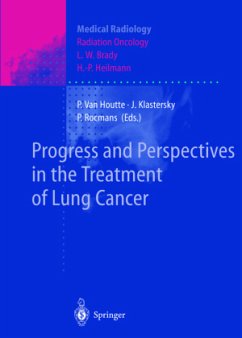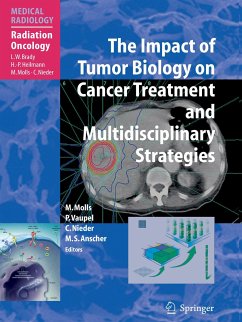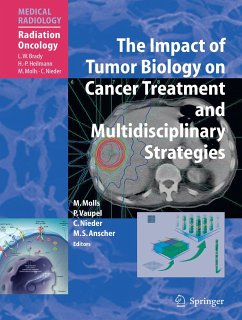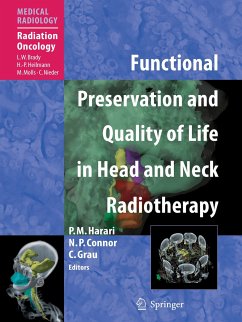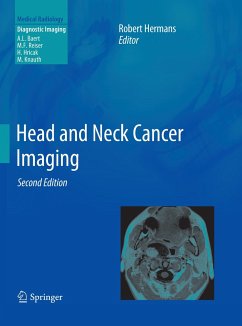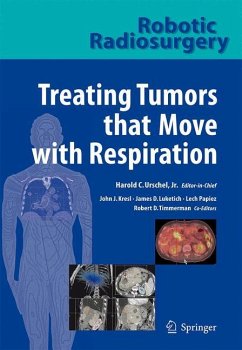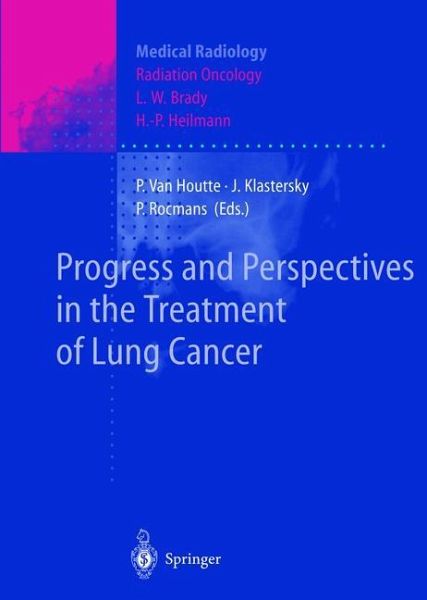
Progress and Perspective in the Treatment of Lung Cancer
Versandkostenfrei!
Versandfertig in 6-10 Tagen
113,99 €
inkl. MwSt.

PAYBACK Punkte
57 °P sammeln!
Lung cancer is not a single disease process but is a group of biologically variable diseases. Therefore, accurate and complete diagnosis along with complete workup of the patient prior to decision-making in treatment is essential to devise the most appropriate treatment strategy. In North America adenocarcinoma of the lung now accounts for about 40% of all lung cancers and stage for stage these tumors have a poorer prognosis than squamous cell cancers of the lung. Many prognostic indicators have been identified such as genetic markers and neuroen docrine differentiation, which have important r...
Lung cancer is not a single disease process but is a group of biologically variable diseases. Therefore, accurate and complete diagnosis along with complete workup of the patient prior to decision-making in treatment is essential to devise the most appropriate treatment strategy. In North America adenocarcinoma of the lung now accounts for about 40% of all lung cancers and stage for stage these tumors have a poorer prognosis than squamous cell cancers of the lung. Many prognostic indicators have been identified such as genetic markers and neuroen docrine differentiation, which have important roles to play in identifying the patients who would benefit most from active treatment. Screening and early detection have been thought to be sine qua non in early diagnosis of lung cancer. However, a number of controlled trials assessing the value of annual screening for lung cancer have demonstrated in some studies that chest X-rays and/or cytology screening may improve stage distribution, resectability, survival, and fatality but has not shown an impact on disease-specific mortality rates. The Mayo Clinic lung project compar ing quarterly chest X-rays and sputum cytology with routine care in more than 10 000 male smokers indicated that 5-year survival following treatment in the screened patients was better than rates in contemporary clinical practice. However, arguments have been ad vanced as to factors that might have biased the clinical benefits. Other trials are currently under way to deal with this issue along with new molecular markers that may enhance sputum sensitivity.



